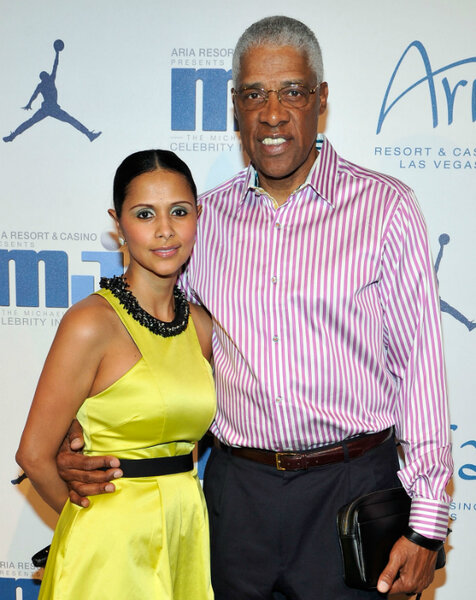Since retiring from playing basketball, Erving has done a number of different things, some successfully and some not. His attempts at creating a pay-per-view event pitting basketball legends in one-on-one games didn’t work. He spent time doing basketball broadcast analysis but felt that all the talk usually faied to communicate the essence of the game.
He eventually landed with the NBA’s Orlando Magic as vice president of operations, a job he enjoyed because it was a real business position. Back in Philadelphia, he helped build the local Coca-Cola bottler into one of the largest minority-owned businesses in the country. One of his proudest achievements, he says, was starting the first minority-owned NASCAR team.
Erving remarried and moved to St. George, Utah, because he wanted to try out the American West. But after a business partner did him wrong in a golf course deal he moved to Atlanta to manage the course, but was soon overwhelmed in indebtedness. He was determined to climb back from his negative financial worth, though, and raised nearly $4 million by auctioning off his basketball trophies, medals, and rings. Now he has started over in building Dr.J Enterprises, while serving as a strategic consultant for the Philadelphia 76ers. Among his businesses is a cellphone tower venture.







